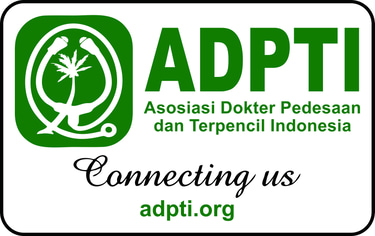THE PATIENT-CENTRED INTERVIEW
The with hope for a patient-centred approach, especially in Family Medicine, is that the patient’s agenda will be ascertained and there will be a mutually agreed upon management plan and thus an improvement in compliance with, or completion of, therapy. The medical interview by the patient-centred interview is constitutes describe that a patient-centred method focuses on four principal dimensions of patients’ experiences which is called FIFE !
Syarhan
7/16/20241 min baca


The FIFE approach is one way to remind oneself to understand the patient’s disease and illness experience. The key to this approach is attending to patients’ cues and following their leads. Using all the FIFE components will help to better understand the patients’ experiences from their own point of view. This method improves patient satisfaction, compliance and outcome. Patient-centred interviewing ideally precedes shared decision-making where a management plan is agreed upon by both the patient and physician.
F = FEELINGS - related to the illness, especially fears
"What are you most concerned about?"
"Do you have any specific fears or worries right now?"
"I imagine you have had many different feelings as you have coped with this illness."
"Sometimes people have fears that they keep to themselves and don’t tell their doctor."
I = IDEAS - and explanations of the cause
"What do you think might be going on?"
"What do you think this pain means?"
"Do you have ideas about what might have caused this illness?"
F = FUNCTIONING - impact of the illness on daily life
"How has your illness affected you day to day?"
"What have you had to give up because of your illness?"
"What goals do you have now in your life? How has your illness affected your goals?"
"How does this illness affect important people in your life?"
E = EXPECTATIONS - of the doctor / encounter and the illness
"What do you expect or hope I can do for you today?"
"Do you have expectations about how doctors can help?"
"What do you hope this treatment will do for you?"
"What are your expectations about what might happen with this illness?"
